Reuse of treated domestic sewage for biquinho pepper cultivation
DOI:
https://doi.org/10.48162/rev.39.017Palabras clave:
Capsicum chinense L., reúso de agua, evapotranspiración, invernaderoResumen
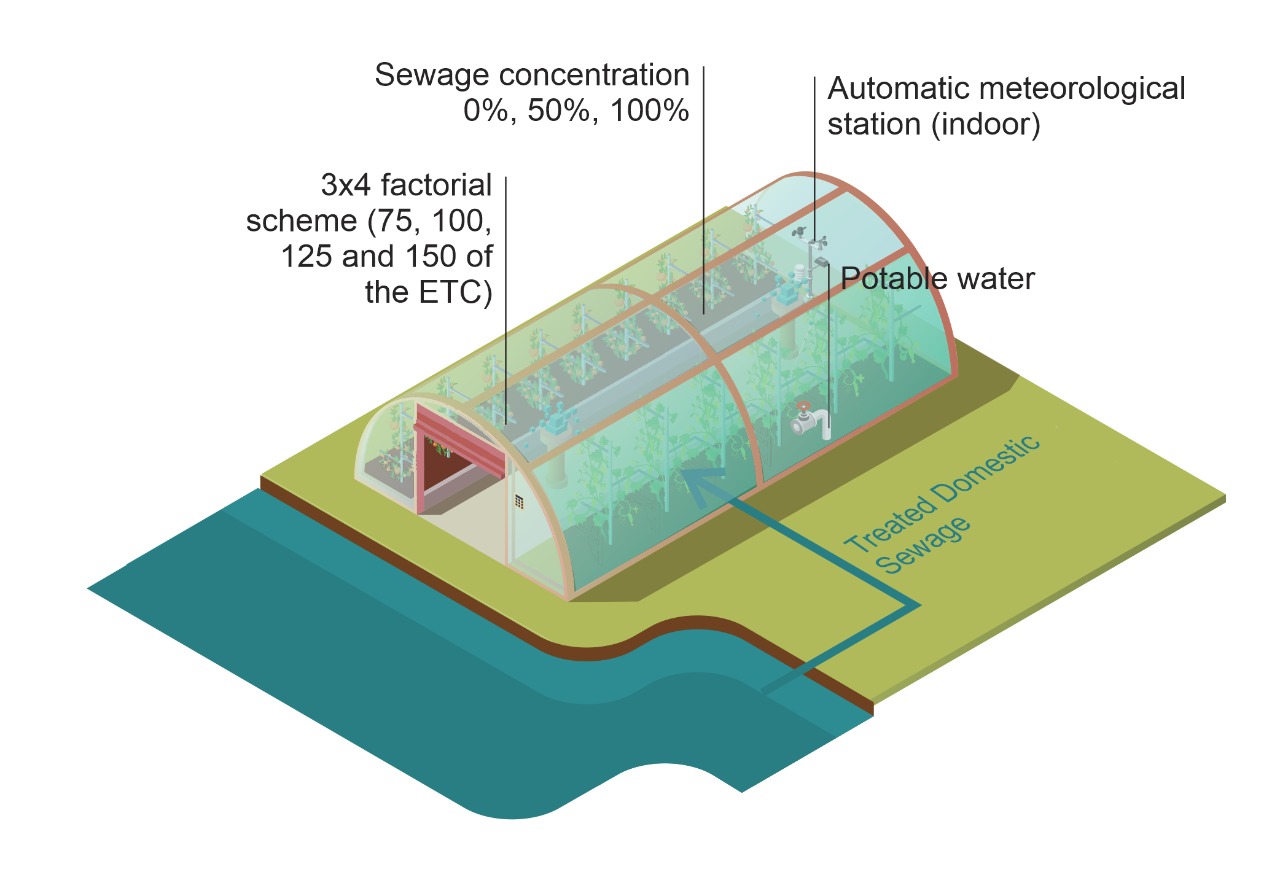
This study aimed to evaluate the reuse of treated domestic sewage in biquinho pepper (Capsicum chinense L.) cultivation under different irrigation regimes. The experiment was carried out in a greenhouse, in a randomised block design with a 3 x 4 factorial scheme, with four replications. Forty-eight pepper plants were subjected to three treated domestic sewage concentrations (0, 50, and 100%) and four irrigation depths (75, 100, 125, and 150% of the crop evapotranspiration - ETc). Data for ETc estimation were obtained from an automatic meteorological station, which was installed in the greenhouse. The results showed that irrigation depths corresponding to 125 and 150% of the ETc at a concentration of 100% treated domestic sewage resulted in higher plants. Moreover, longer fruits were obtained when plants were subjected to 100% ETc at 100% treated domestic sewage. The studied irrigation depths influenced pepper fruit total weight and yield. No treated domestic sewage concentrations significantly influenced the variables analysed. Treated domestic sewage reuse can constitute an alternative for quality water saving and for chemical fertilisation of biquinho pepper crop.
Highlights:
- The growing of beak pepper with domestic sewage treated can bring benefits in terms of providing nutrients to the crops;
- Adequate levels of water replacement with domestic sewage treated may promote good crop development.
- The use of treated domestic sewage can be an alternative to reduce the use of better quality water and chemical fertilization in the growing of beak pepper.
- Reduction of environmental impact may be possible with the replacement of chemical fertilizer by domestic sewage treated in the growing of beak pepper.
Descargas
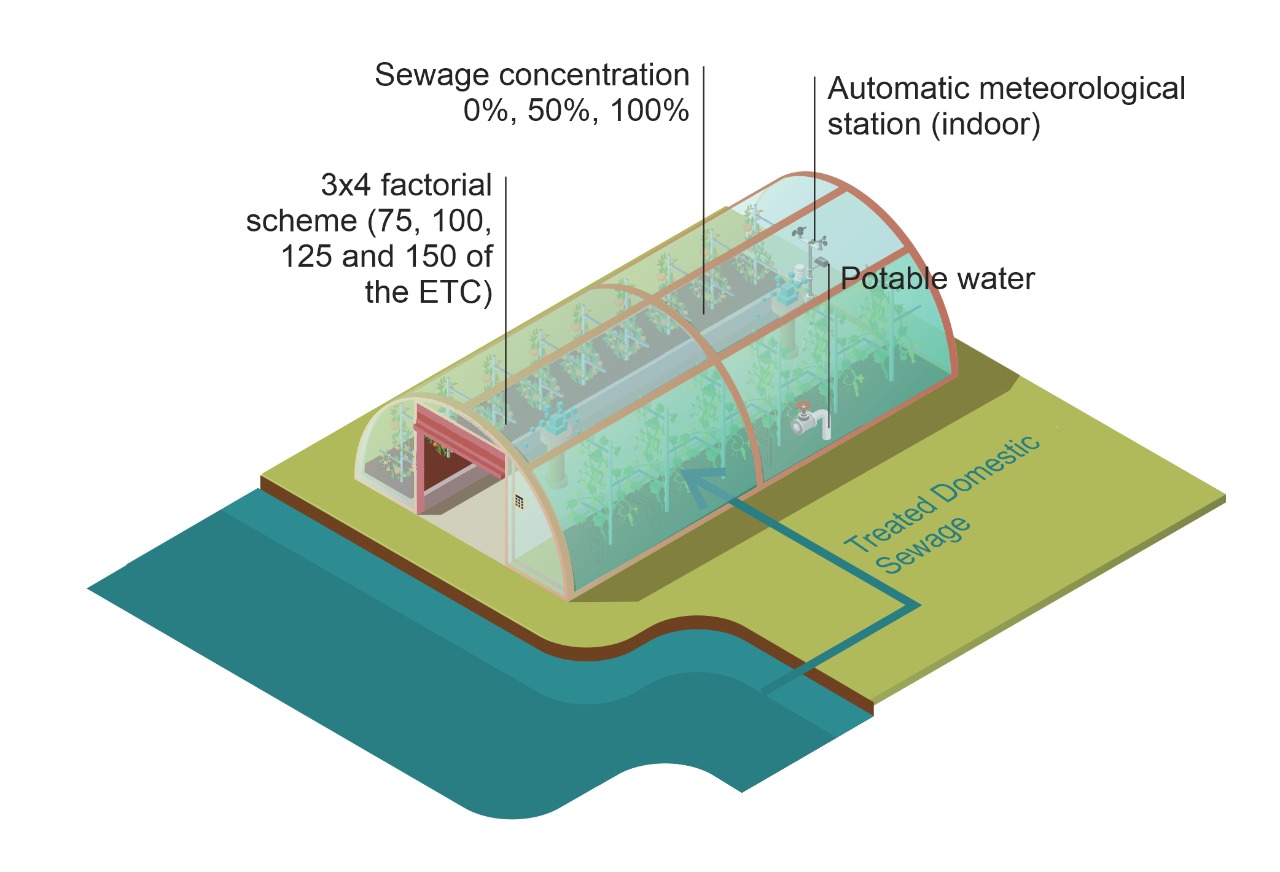
Descargas
Publicado
Cómo citar
Número
Sección
Licencia

Esta obra está bajo una licencia internacional Creative Commons Reconocimiento-NoComercial-CompartirIgual 3.0.
Aquellos autores/as que tengan publicaciones con esta revista, aceptan las Políticas Editoriales.

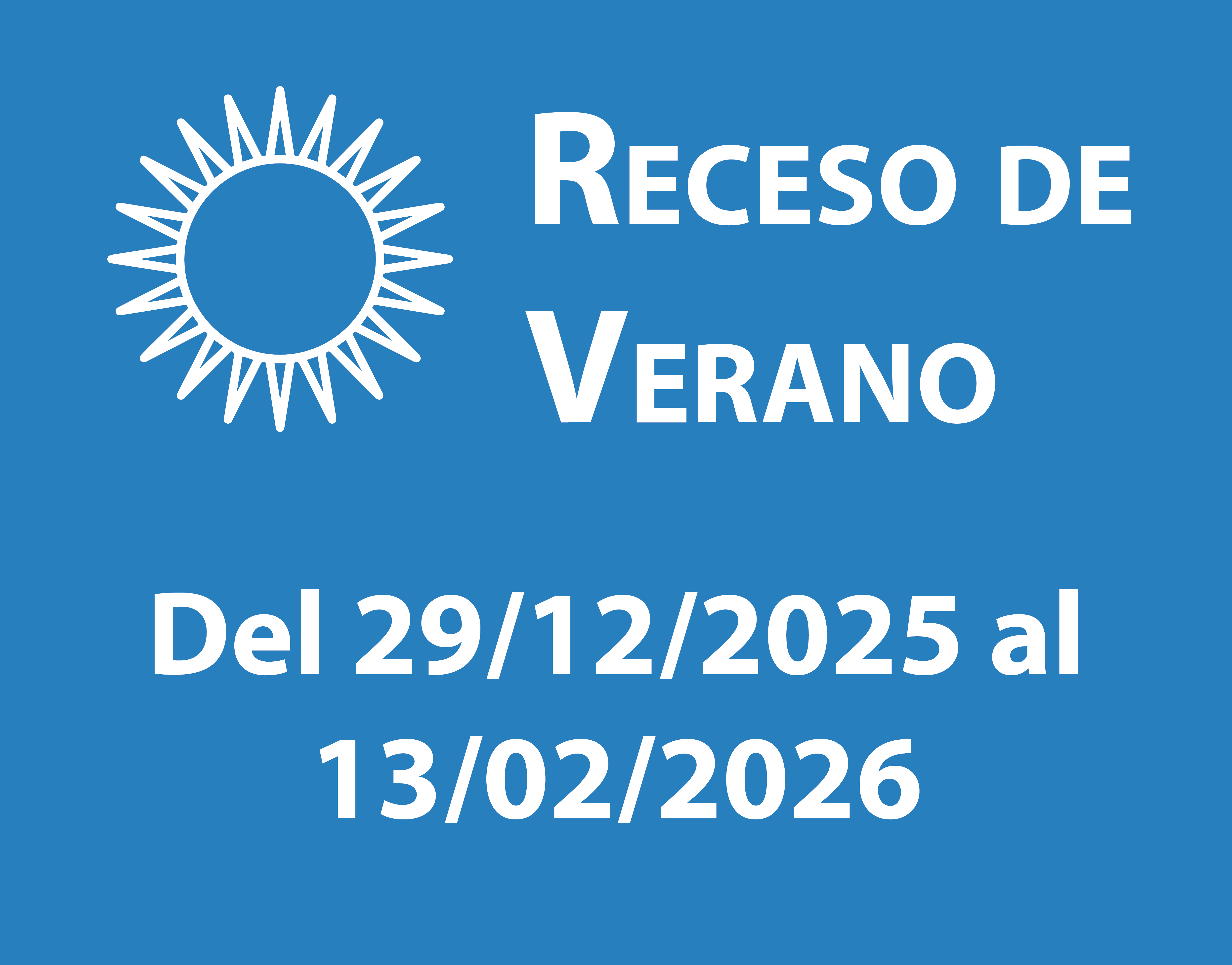

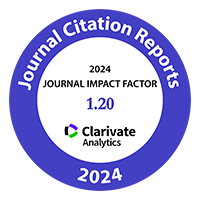




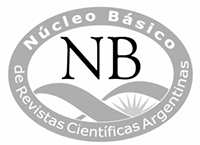


.jpg)




